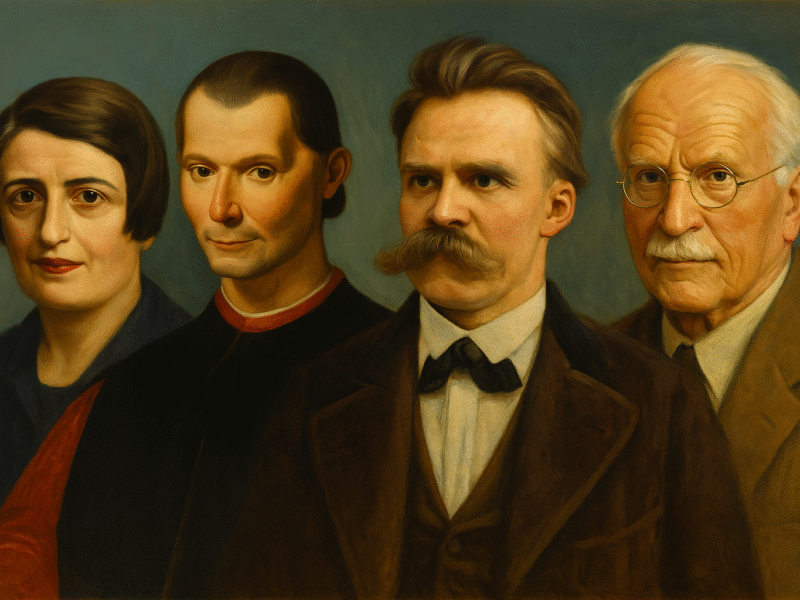We live in a world obsessed with visibility. Everyone is told to “build a brand,” “become a thought leader,” and “grow your following.” However, some

Most people think giving the cold shoulder is rude, immature, or even petty. But for the strategic introvert, silence isn’t spite. It’s a strategy. In

In a world driven by performance, noise, and nonstop social signaling, strategic introverts stand out with their unique approach: disinterest. This isn’t apathy. Its power

It might seem like today’s world belongs to the loudest voice in the room. Social media rewards oversharing. Influencers dominate headlines. Boldness is branded as

Introverts are often seen as shy, quiet, or slow to speak up. In a loud world, those traits might seem like disadvantages—but that’s only half

Sun Tzu, the ancient Chinese military strategist, never glorified aggression. In The Art of War, he taught that the highest form of power is winning

Niccolò Machiavelli, the famed political strategist, wasn’t impressed by popularity. He believed true power didn’t require a spotlight—it required results. If he were alive today,

Before we dive into the conversation, let’s meet the minds sitting at this extraordinary table. Though they came from different eras and philosophies, they share

In an extroverted society that often rewards noise, there’s a quiet group of people shaping everything behind the scenes—strategic introverts. These aren’t just any introverts.
